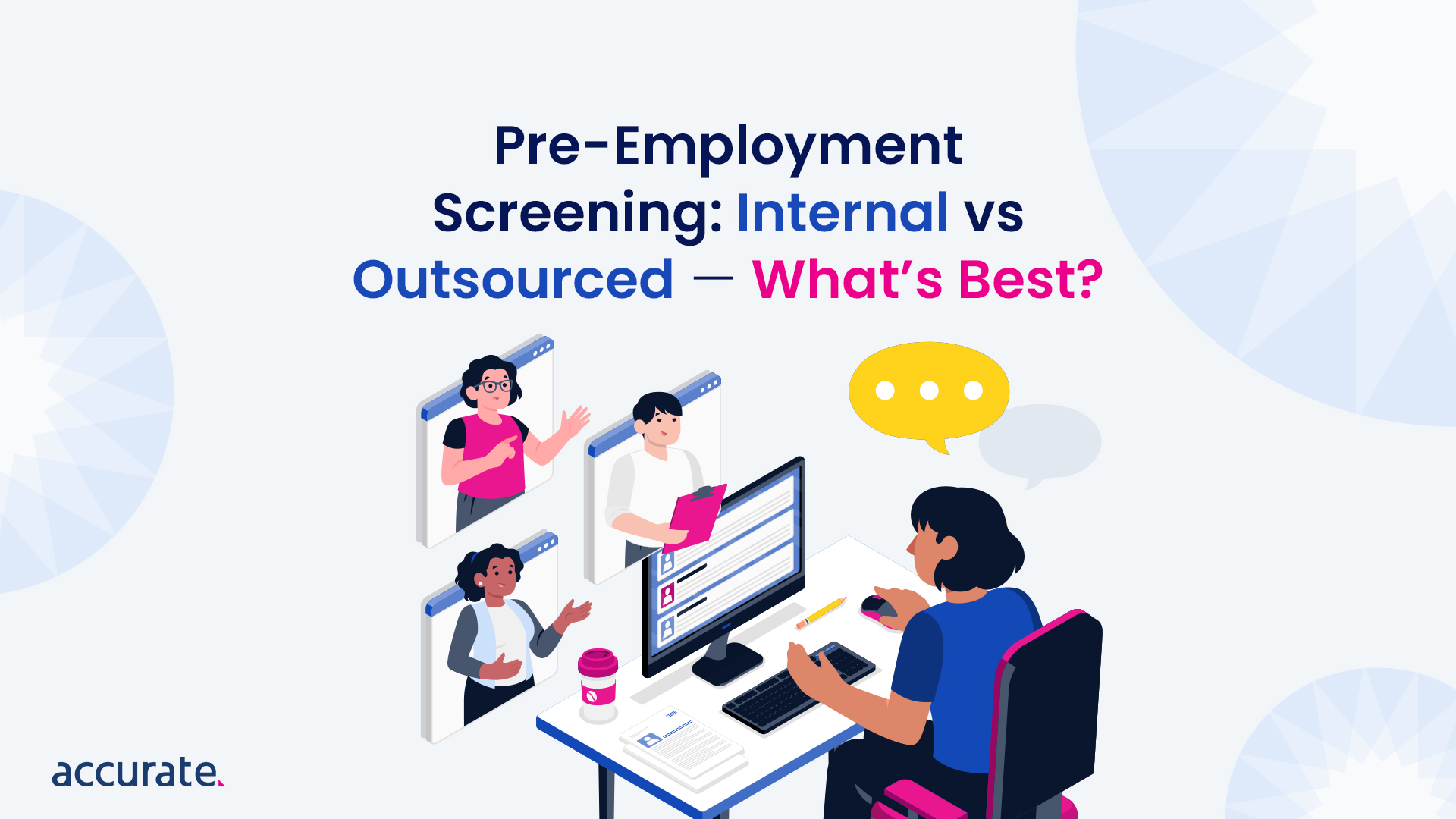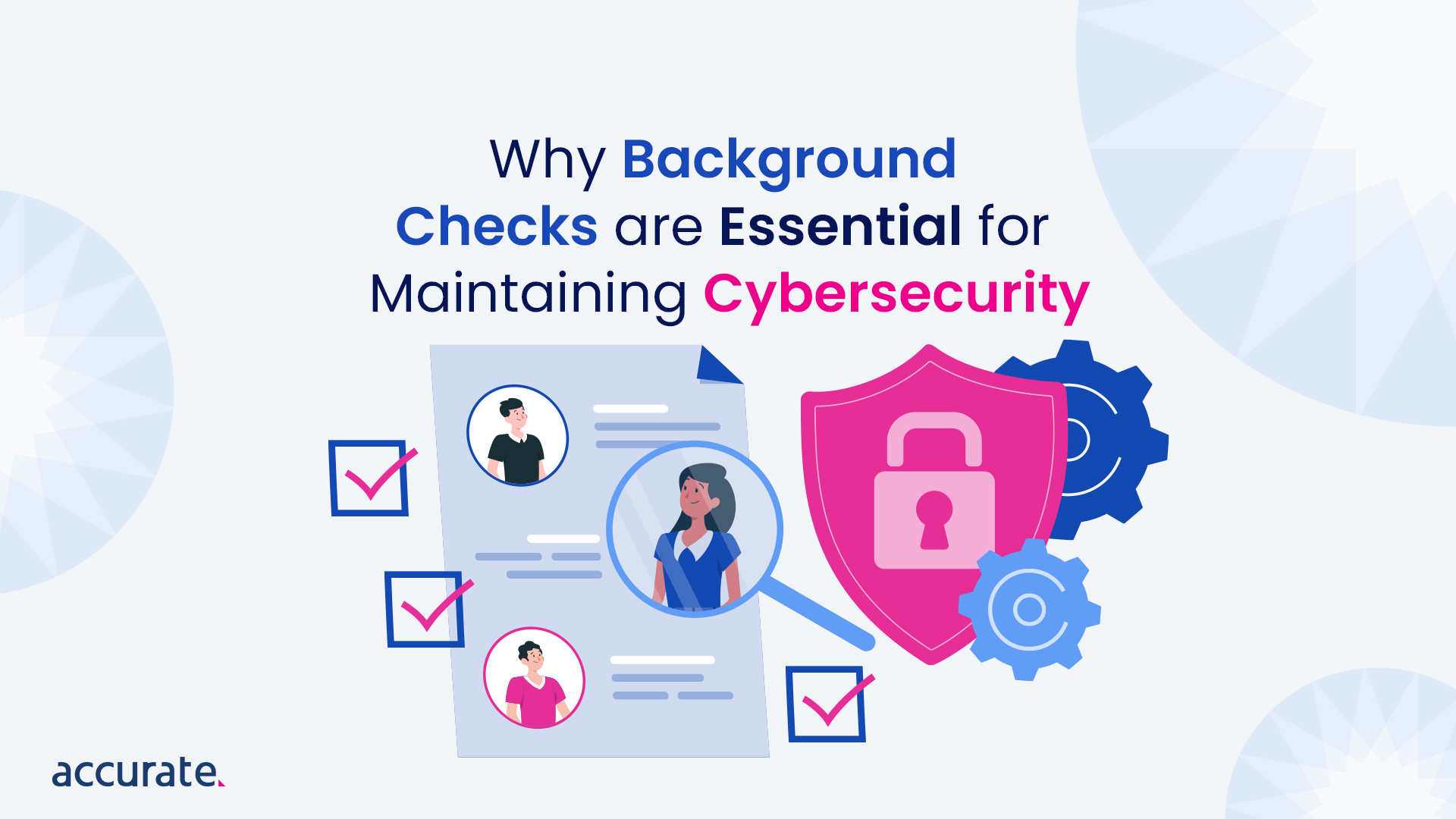The rapid advancement of technology, particularly in Artificial Intelligence (AI), is reshaping the workforce landscape globally. As generative AI tools like ChatGPT become more prevalent, the core skills required for success in the modern workplace are quickly shifting.
While these technological advancements present exciting opportunities, they also demand a re-evaluation of the skills that will be most valuable in the years to come.
According to the World Economic Forum, 44% of workers’ core skills will change within five years. This statistic highlights the urgency for professionals to adapt and enhance their skill sets to remain competitive and thrive in the AI era.
This article will explore the evolving skill set necessitated by technological advancements, focusing on the growing importance of cognitive skills.
The Evolving Skill Set
The World Economic Forum’s report underscores the profound impact of technological advancements, particularly in AI, on the workforce.
As machines become increasingly capable of performing routine tasks efficiently and accurately, the skills most valued in the job market are those that machines cannot easily replicate.
Among the five core skills identified by the World Economic Forum as ‘growing in importance’, cognitive skills stand out as crucial assets in the AI era. These skills encompass creative and analytical thinking, problem-solving abilities, and the capacity to generate novel ideas and solutions.
While technical proficiency and digital literacy remain essential, the ability to think critically, analyse complex problems, and devise innovative solutions will be paramount. As AI systems become more sophisticated, human workers will need to leverage their cognitive abilities to complement and enhance the capabilities of these technologies.
Additionally, resilience, flexibility, and a willingness to embrace lifelong learning will be indispensable. The pace of technological change demands adaptability and a growth mindset, enabling professionals to upskill and stay ahead of the curve continuously.
Importance of Cognitive Skills
As AI systems become increasingly proficient at performing routine tasks and processing vast amounts of data, the ability to think critically, creatively, and strategically will be the key to unlocking new opportunities and driving innovation.
Creative thinking allows individuals to approach challenges from unique angles, identify unconventional solutions, and develop novel ideas that can disrupt industries and create new markets.
Analytical thinking, on the other hand, enables professionals to make sense of complex data, identify patterns and trends, and derive actionable insights that can inform strategic decision-making.
Moreover, cognitive skills are essential for practical problem-solving, which is vital in today’s rapidly changing business landscape.
By combining creative and analytical thinking, individuals can tackle intricate challenges, break them down into manageable components, and devise innovative solutions that address root causes rather than merely treating symptoms.
In the AI era, cognitive skills are not just valuable assets but the foundation upon which human workers can build their competitive advantage.
Building Digital Curiosity
However, in the AI era, merely possessing cognitive skills is not enough; cultivating a sense of digital curiosity is equally crucial.
Digital curiosity is the driving force that propels individuals to actively explore, understand, and embrace new technologies, enabling them to leverage these tools effectively and stay ahead of the curve.
At its core, digital curiosity is about adopting a growth mindset—a willingness to step out of one’s comfort zone, experiment with new tools and platforms, and continuously learn and adapt. This mindset is particularly valuable in the face of rapid technological advancements, where complacency can quickly lead to obsolescence.
Fostering digital curiosity involves actively seeking out opportunities to engage with emerging technologies. This could include attending workshops or webinars, participating in online communities, or setting aside time to explore and experiment with new tools and platforms.
For Australian workers, embracing digital curiosity can open up a world of possibilities.
Strategies for Skill Enhancement
To thrive in the AI era, Australian workers and leaders must proactively develop and enhance their cognitive skills. Here are some actionable strategies to consider:
- Embrace Continuous Learning: In a rapidly evolving technological landscape, “one and done” education is obsolete. Professionals must adopt a continuous learning mindset, actively seeking opportunities to upskill and acquire new knowledge. This could involve taking online courses, attending workshops, or participating in professional development programs.
- Cultivate Creativity: Encourage creative thinking by exposing yourself to diverse perspectives, engaging in brainstorming sessions, and exploring unconventional ideas. Seek opportunities to collaborate with individuals from different backgrounds and disciplines, as this cross-pollination of ideas can spark innovation.
- Practise Critical Thinking: Regularly challenge yourself with complex problems or case studies that require in-depth analysis and strategic decision-making. Engage in discussions encouraging you to evaluate multiple viewpoints, identify underlying assumptions, and develop well-reasoned arguments.
- Leverage Technology: Embrace digital tools and platforms that can enhance your cognitive abilities. AI-powered writing assistants, data visualisation tools, and collaborative workspaces can augment your creative and analytical thinking processes, enabling you to work more efficiently and effectively.
- Foster a Learning Culture: Leaders must create an environment that values continuous learning and skill development. Provide employees with access to training resources, encourage knowledge sharing, and celebrate upskilling and personal growth achievements.
- Prioritise Professional Development: Organisations should invest in comprehensive professional development programs that focus on building cognitive skills. These programs can include workshops, mentorship opportunities, and hands-on projects that challenge employees to think critically, solve complex problems, and develop innovative solutions.
Key Takeaways
- Cultivate digital curiosity to explore and leverage new technologies effectively.
- Prioritise continuous learning and professional development to constantly upskill
- Focus on enhancing cognitive abilities like creative thinking, problem-solving, and analytical skills.
- Combine cognitive skills with technological literacy for a competitive edge.
- Foster a growth mindset that embraces change and lifelong learning.
- Implement strategies like creativity exercises, critical thinking challenges, and learning programs.
- Recognise human cognitive skills as a key differentiator in the AI era.
- Adapt skill sets proactively to drive innovation and stay relevant.



